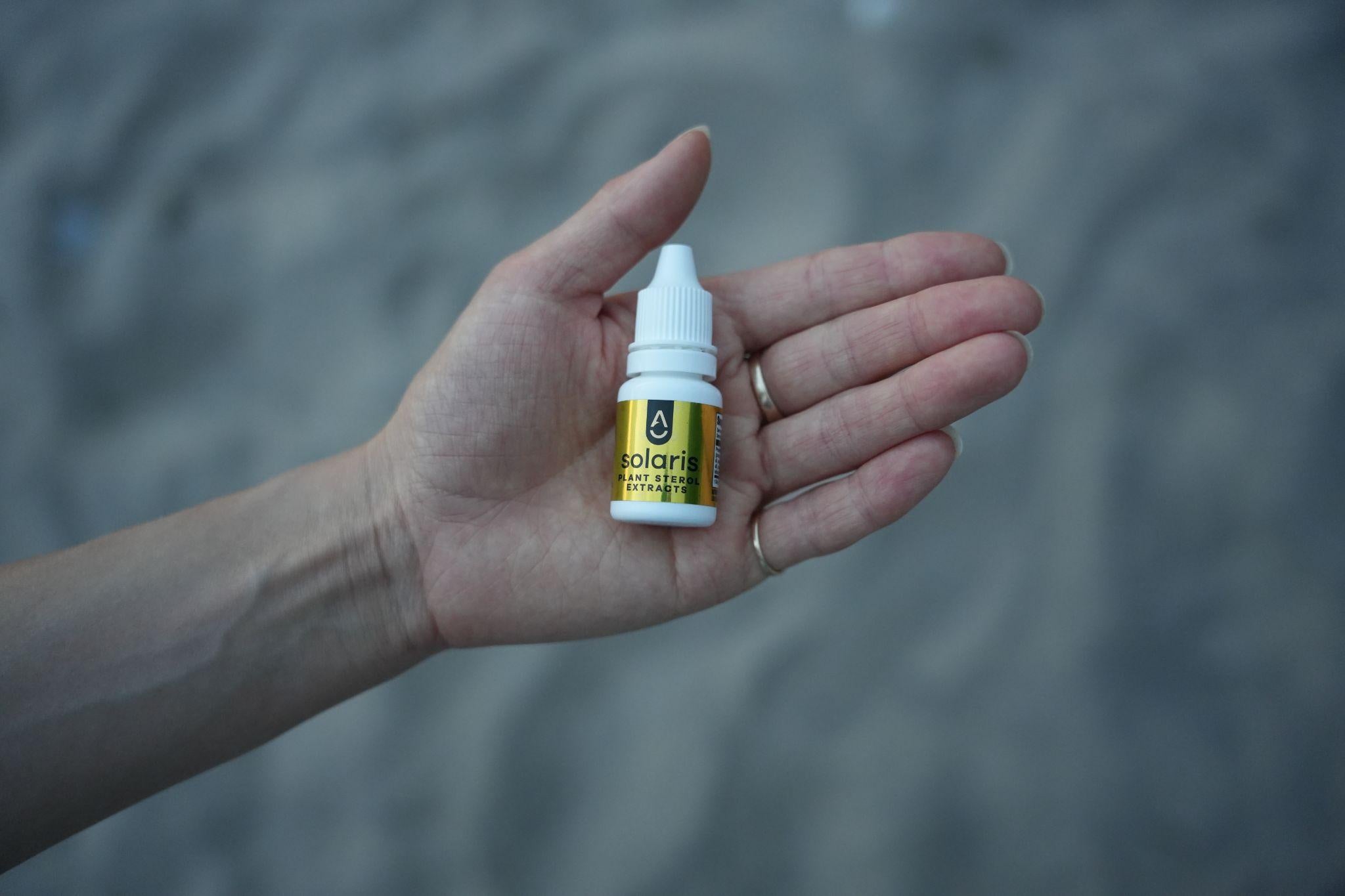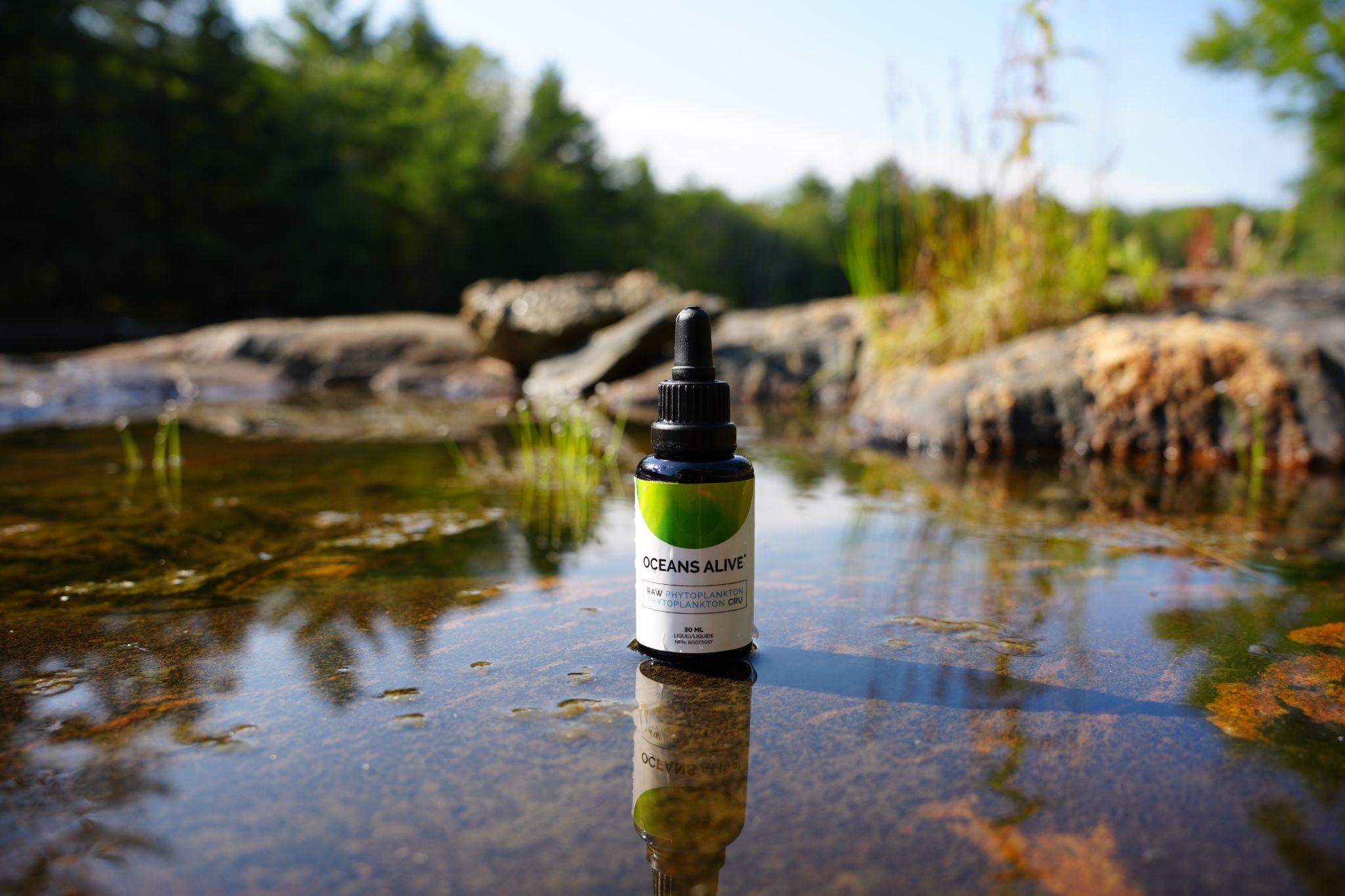Aging is a natural part of life, but there’s a lot we can do to age in a way that feels healthy, energized, and fulfilling.
Around the world, people live long and healthy lives by embracing practices that nurture their bodies and minds, from the Okinawan diet in Japan to the Mediterranean lifestyle in Greece and Italy.
If you’re curious about how these global approaches to aging can fit into your life, let’s dive into these timeless secrets.

1. The Okinawan Diet: Japan’s Longevity Hotspot
The island of Okinawa is famous for having one of the highest life expectancies in the world.
Okinawan seniors are known for their health and vitality well into their 80s, 90s, and beyond. What’s their secret? It all begins with diet.
The Okinawan diet is rich in vegetables, tofu, and seafood.
It’s low in calories but high in nutrients, including antioxidants from foods like:
- Sweet potatoes…
- Leafy greens…
which combat oxidative stress and support healthy cell functionns also practice Hara Hachi Bu, the practice of eating until they are 80% full, which helps prevent overeating and supports digestive health.
Adding nutrient-dense foods into your diet and practicing mindful eating can support overall wellness and may even promote longevity.
2. The Mediterranean Lifestyle: Heart-Healthy and Anti-Inflammatory

Countries bordering the Mediterranean Sea, like Greece and Italy, are known for their Mediterranean diet, rich in:
- Fruits…
- Vegetables…
- Whole grains…
- Healthy fats (particularly from olive oil)...
- Moderate amounts of fish and poultry.
This diet has been linked to lower rates of heart disease, inflammation, and cognitive decline.
An essential component of the Mediterranean lifestyle is also its emphasis on community and leisure.
Regular physical activity, time spent with loved ones, and a slower pace of life contribute to stress reduction and better mental health.
Research shows that a diet rich in plant-based foods and healthy fats, along with an active social life, supports overall longevity and reduces risks associated with aging.
3. Traditional Herbal Remedies: Ayurveda and Amaranth Oil

In India, Ayurveda—an ancient holistic healing system—emphasizes balancing the body through diet, exercise, and herbal remedies.
Many Ayurvedic practices focus on:
- Reducing inflammation…
- Detoxifying the body…
- Supporting skin and joint health…
…all of which are essential for healthy aging.
One particular oil that has caught attention in recent years for its anti-aging benefits is Amaranth Oil. Known for its high concentration of squalene, a natural antioxidant and hydrator, amaranth oil helps protect cells from oxidative stress and maintains skin hydration .
This is why Amaranth Oil is an ideal choice for anyone looking to support their skin and overall vitality.
In addition to its benefits for skin health, squalene also aids in cell regeneration and immune support, making it an excellent addition to any longevity-focused regimen.
4. Social Connection and Active Living: Lessons from the Blue Zones

The Blue Zones—regions around the world where people live the longest, healthiest lives—teach us the importance of social connections and daily physical activity.
In areas like:
- Sardinia…
- Italy…
- Nicoya…
- Costa Rica…
…seniors remain active well into their later years by engaging in daily movement, whether that’s farming, gardening, or simply walking.
Theselso emphasize the importance of community. Studies have shown that strong social connections reduce stress and even help prevent cognitive decline, helping individuals stay mentally sharp and emotionally resilient as they age.
The Ph Modern Aging: A Nutrient Deficit
Many of us face challenges when it comes to achieving the balance that supports healthy aging.
Processed foods, sedentary lifestyles, and environmental stressors can contribute to premature aging and a lack of vital nutrients in our diets.
While diets rich in antioxidants and healthy fats are beneficial, it’s not always easy to get the full range of nutrients we need.
One effective way to support healthy aging from the inside out is to incorporate nutrient-dense oils like Amaranth Oil into your routine.
While traditional diets in Okinawa and the Mediterranean focus on nutrient-dense foods, amaranth oil delivers a powerful dose of squalene and other essential nutrients that support:
- Cellular health…
- Skin hydration…
- Inflammation reduction.

Boosting Healthy Aging with Amaranth Oil
Amaranth Oil is a powerhouse for anyone looking to age gracefully and stay active. The high squalene content in Perfect Press® Amaranth Oil offers several health benefits:
-
Supports Skin Health: Squalene is a natural hydrator that can help maintain skin elasticity and reduce the appearance of fine lines.
-
Promotes Cellular Health: Amaranth oil’s antioxidants protect cells from oxidative damage, a key factor in aging.
- Fights Inflammation: Regular use of amaranth oil can help reduce inflammation, which supports joint health and an active lifestyle .
Many people rely on Amaranth to maintain glowing skin and joint comfort, making it a fantastic addition to an aging-friendly wellness routine.
Final Thoughts: Embrace Global Secrets to Aging Well
Aging doesn’t have to mean slowing down or losing vitality.
By embracing global traditions like the Okinawan diet, Mediterranean lifestyle, and natural oils used in Ayurveda, you can support healthy aging and enjoy a vibrant life.
Adding powerful nutrients, such as those found in Amaranth Oil, can enhance these practices and help you look and feel your best at any age.
Start your journey to healthy aging with natural, nourishing products.






Vitamin D Beyond Bones: Discover this Revitalizing Health Boost You’re Missing
Natural Detox: Simple Ways to Help Your Body Cleanse & Detox Naturally